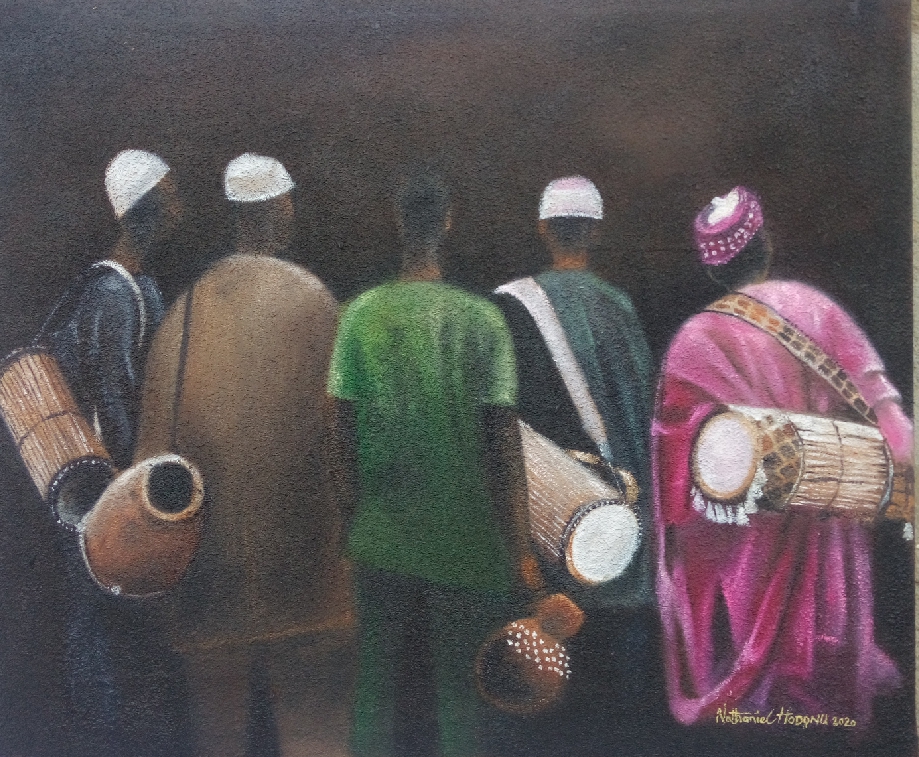Okpabi’s ‘Naboath’s Vineyard’ explores the nexus between sowing and reaping, poverty and wealth
By Humphrey Ogu
IT is human nature to crave for the good things of life. Often times, in craving for wealth and other good things of life man forgets the incontrovertible law of sowing and reaping: every plenteous harvest is preceded by planting season. Poor sowing results in poor harvest. Similarly, rich sowing results in rich harvest.
In this 11-page story published on pages 92 to 102 of ANA Review 2021 and set in a fictional United African Republic, Jonah Okpabi tells the story of a rich man, Naboath, who lives in a mansion and shares a boundary with a very poor man, Lazarus. Although Lazarus lacks monetary wealth, he owns a large expanse of land which was bequeathed to him by his father. His also father inherited the land from his own father.
In spite of his wealth, Naboath never stop desiring to own Lazarus’ vast land. Ironically, Lazarus also dreams of having Naboath’s wealth. He wishes that the Naboath’s riches belong to him:
Every morning, he gazes at the fine mansion owned by Naboath and the beautiful environment that helped to make the area colourful.
Lazarus expresses his desire to be wealthy like Naboath when he gets an opportunity to have a conversation with him. “How can I make money like you?” Lazarus inquired. This conversation also gives Naboath opportunity to verbalize his wish to acquire the vast pieces of land owned by Lazarus. He asks: “What if I help you by purchasing the land, how much will you sell it?” In response to the above question, Lazarus says:
Give me your house and all your assets, including your business coupled with five million Naira and all the land will be yours.
Eventually, they strike a deal. Naboath agrees to the terms of Lazarus. He vacates his mansion and takes over the land in question. He patiently cultivates the land, his efforts pays off with plenteous harvest. Before long, he is able to bounce back.
On his part, Lazarus fritters away the wealth he gets from Naboath with reckless abandon. Before long, Lazarus is back to square one after squandering the wealth. He ends up working for Naboath, who buys back his mansion. “In tears, he pleaded with Naboath to employ him as one of his labourers.” Lazarus learns that “Managing poverty is much easier than managing wealth.”
‘Naboath’s Vineyard’ is a didactic story about a man who wishes to reap without sowing and craves to consume without working or producing anything. Naboath, on the other hands, understands the value of hard work, patience and the importance of thinking. He knows that sowing precedes reaping. He knows that land is a major resource and whoever owns a vast piece of fertile lands is potentially wealthy.
The story affords readers the opportunity to learn that poverty often results from ignorance. Lazarus does not know that his large expanse of lands is huge resource that could be harnessed to gain wealth. It also teaches the reader that with hard work, patience and good thinking one could become rich with proper use of land resources. This is the power of knowledge.
Although the story still needs a bit of editing, Jonah Okpabi’s ‘Naboath’s Vineyard’ is nevertheless well crafted a story that projects superiority of knowledge over mere desires for wealth acquisition. It should be read for the lessons it teaches about transiting from poverty to wealth through hard work, patience and application of knowledge. It should also be read for the lessons it teaches about what it takes to sustain wealthy living. This is therefore a welcome piece of narrative literature.
Ogu is a Port Harcourt-based writer



